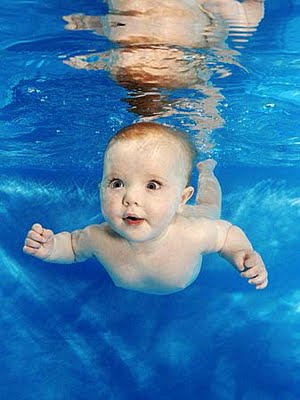Sometimes knowing nothing about what you’re doing can be the best competitive strategy.
I recently attended an interesting seminar about integrating interactive technology into the classroom and a speaker made the point that to be successful, they had to do their best to view the classroom from the perspective of a child.
This struck a chord in me relating to blogging. I think one of the reasons I have had some success as a blogger is because I had a child-like approach, perhaps even a naive approach, to starting my blog. This was not a mindful act. I took that approach because I literally didn’t know what I was doing. I learned to swim by getting thrown into the lake!
I didn’t study blogging before I jumped in. I did not read Copyblogger or study the other blogging deities. Didn’t even know who they were. I wasn’t worried about SEO, affiliate links, or being politically correct. I had no expectations about community or page rankings. I blogged for fun and the pure learning experience.
So, like a child, my posts were honest, blind to politics, and playful. It was just a pure expression of what was on my mind. I didn’t know it at the time, but this was a rare commodity on the social web.
As momentum on my blog picked up, I thought I should get more acquainted with the culture of social media blogging and for awhile got swept up in trying to replicate the formulaic patterns that seemed to be bringing everybody else so much success.
But many of the blogging best practices actively work AGAINST originality. The heart of content marketing strategy, for example, is a focus on popular keywords, so by definition you are gearing your content toward the same topics everybody is writing about, right? Wouldn’t you agree there is a chronic sameness to the social web?
It is the blogger’s constant battle to be original but I think adopting this child-view of the world — filled with curiosity, raw creativity, and honesty — is a powerful catalyst for innovation. I’ve been challenging myself to maintain that perspective and find ways to use my crayons to color outside of the lines a little more.
What would happen if you become more child-like in your approach to blogging? Children don’t avoid risks, focus on “best practices,” or become slaves to search engines. They see beauty in the small and simple wonders most tend to overlook. They say what needs to be said without knowingly hurting anybody.
How are you trying to be original in your writing, in your business and on the social web? What would happen if you viewed content creation through the eyes of a child?
